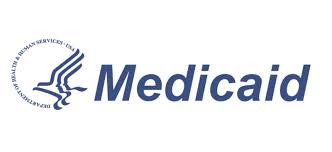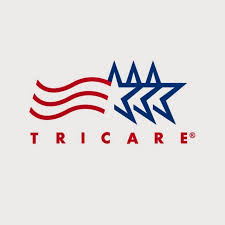ADHD Test for Adults at Tibbi Healthcare
We have developed a short survey with questions that may determine whether you have experiences or traits typical of adult ADHD. This one is intended for adult users, the website is designed for people who are 18 years and older. If a person frequently answers “yes” to those questions, it is recommended to seek help from a mental health care provider. It is only an experienced clinician who can complete a clinical assessment to come up with a diagnosis.
At Tibbi Healthcare, we understand that bipolar disorder affects each person differently. Our team of specialists works closely with patients to develop individualized treatment plans that address their unique symptoms and needs.
With proper treatment and support, individuals with bipolar disorder can lead fulfilling, productive lives. Early intervention and consistent care are key to managing symptoms effectively.











